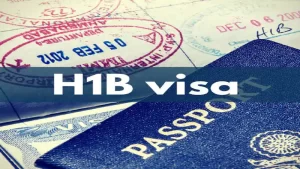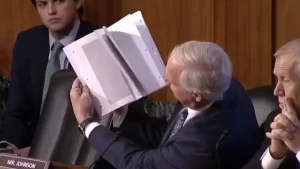Leaders of Quad Nations-Australia, India, Japan and the United States-reported to be preparing to uncover the initiative of maritime supervision to protect the exclusive economic zone in Indo-Pacific against environmental damage.The goal, according to the analysis that appeared on Sunday, was to push back primarily against large and reckless fishing by Chinese trawlers in the region.
Prime Minister Narendra Modi will meet with President Joe Biden from the US and Prime Minister Fumio Kishida from Japan and Anthony Albanese Australia at the Quad Leader Summit in Tokyo on Tuesday (May 24). A series of other meetings also lined up.This initiative will use satellite technology to connect the surveillance centers in India, Singapore and the Pacific. This will help build a tracking system to fight illegal, not regulated and unprotected fishing (IUU).
Dragnet activated by satellites will track the fishing activities of IUU fish from the Indian Ocean and Southeast Asia to the South Pacific, a report in the ‘Financial Times’ said. The idea is to monitor illegal fishing vessels that have AIS (automatic identification systems) are turned off to avoid tracking.The step by the Quad Security Group is also seen aimed at reducing the greater dependence of the Pacific Island countries in China.
Why are illegal fishing be seen as a big threat?
Looting that is not regulated from global fishing stocks causing great threats to the livelihoods and safety of millions of people.Globally, fish provide around 3.3 billion people with 20% of their average animal protein intake. According to the FAO report, around 60 million people were involved in the fisheries and aquaculture sectors.
Described | What is the Indo-Pacific Economic Framework?
While the loss of the economy of illegal fishing is difficult to measure precisely, some estimates of setting it around USD 20 billion per year. In 2020, US coast guard said that illegal fishing had replaced piracy as a global maritime threat In the Indo-Pacific region, such as elsewhere, the collapse of fisheries can disrupt coastal countries and pose a much greater security risk, because it can trigger human trafficking, drug crimes, and recruitment of terror.
Why China at the Pier?
IUU 2021 fishing index, which mapped 152 coastal countries, China as the worst actor.China is considered responsible for 80% to 95% of illegal fishing in the region after surpassing its own waters. In fact, it is known to provide illegal fishing incentives with generous subsidies to meet their increased domestic demand.
According to Odi, the Think-Tank Institute of Global Affairs, the China Fishing Water Fishing (DWF) fleet has nearly 17,000 ships. “The Chinese DWF fleet is the largest in the world … Ownership of the end is very fragmented among many small companies and fleets including ships registered in other jurisdictions,” he said in a report.Described | Who is Anthony Albanese, the possibility of the next Australian Prime Minister?These ships, which can take a large amount of catch on each single trip, are often accused of looting marine wealth with large sophistication and with a slight payment of maritime limits. China also uses it to project strategic influences and to bully fishing vessels from weaker countries.
According to a recent report by the Environmental Justice Foundation based in the UK on the scale and nature of fishing far in China: “The developing research agency that has explored the level and behavior of the Chinese Water Fleet (CDWF) has been launched a widespread consequence , and dangerous, economy, environment and humans related to excess capacity, high examples of illegal fishing, not reported and not regulated (IUU), destructive practices such as lower trawling and forced use, bound and slave workers and crew traded, In addition to widespread abuse of members of the migrant crew. ” “The Chinese fleet has become a substantial presence in various developing countries. More than a third of official CDWF operations in 2019 and 2020 covering 29 specific eezs in Africa, Asia and South America – fisheries from many areas marked by limited MCS capacity and coastal areas that are very dependent on fishing for nutritional needs and livelihoods . , “He added in his main findings.







